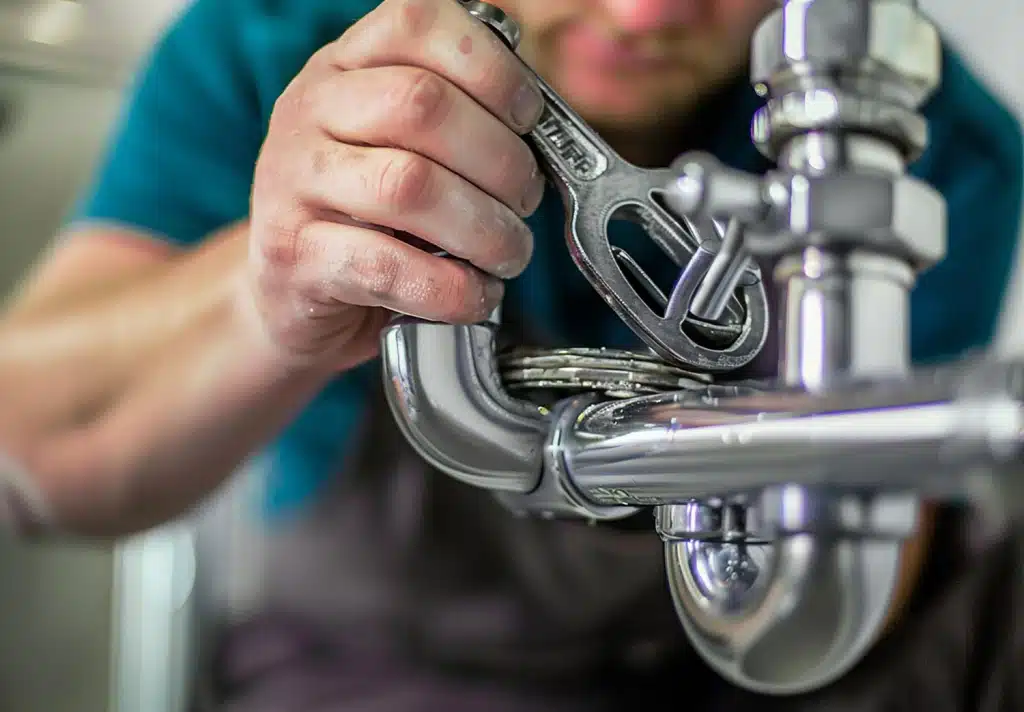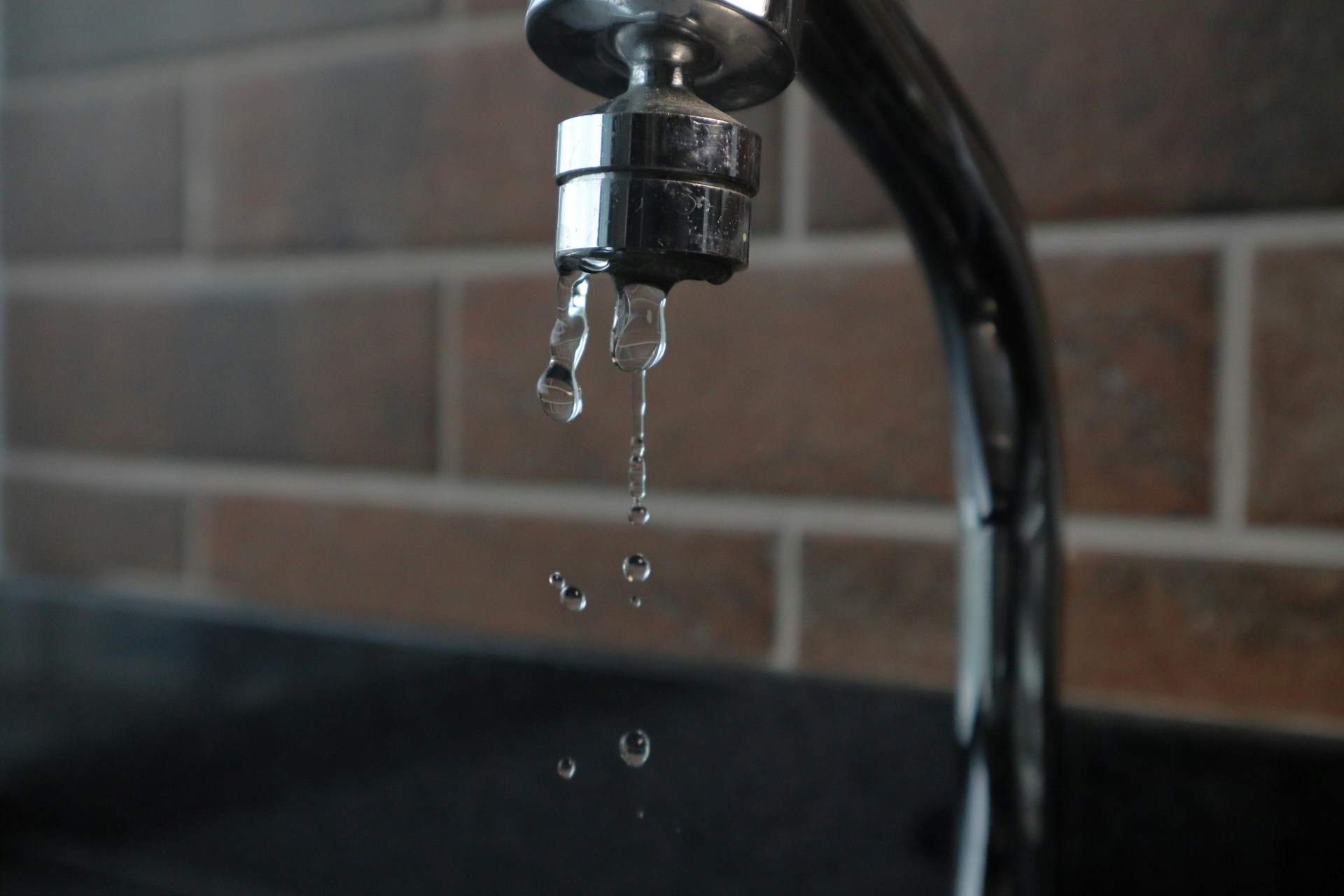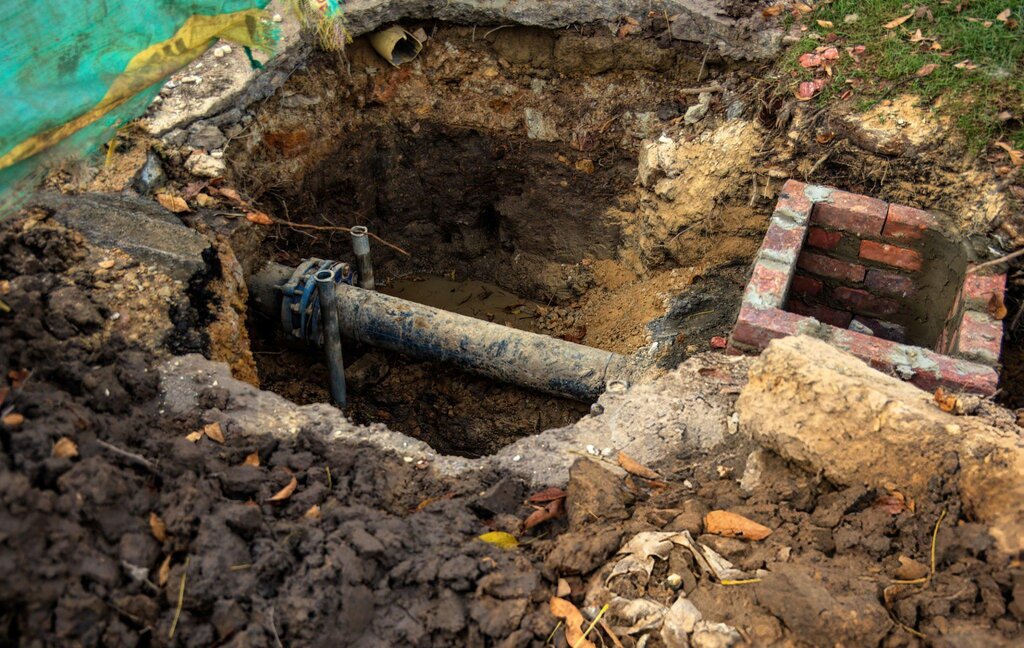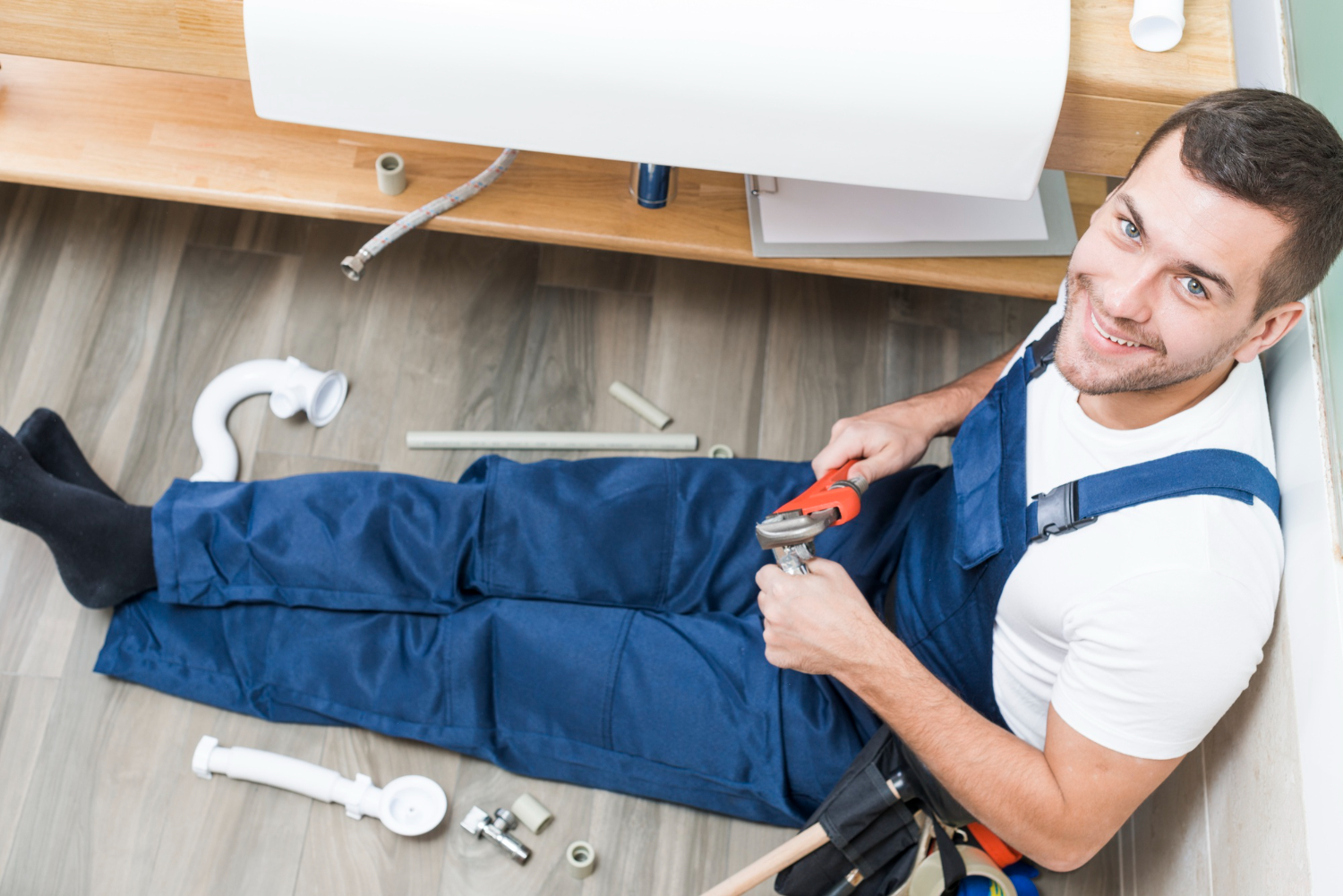
Keeping your home’s plumbing in top shape is essential. Proper maintenance can prevent many issues and save you from costly repairs. However, knowing how to maintain your plumbing can be confusing. From hidden leaks to clogged drains, many questions arise about what you should do to keep things running smoothly.
Regular inspections are a key part of maintenance. They help identify problems before they become serious. But how often should you inspect your plumbing? And what should you look for? These are common questions homeowners ask.
Preventing clogs is another important part of plumbing maintenance. Clogged drains can lead to unpleasant backups and damage. Knowing some simple tips can help keep your drains clear. Your water heater also needs regular care to ensure it works efficiently. But what does that maintenance involve?
In this article, we will provide answers to these common plumbing questions. You’ll learn how often to inspect your plumbing, how to spot hidden leaks, tips for preventing clogged drains, and the best practices for maintaining your water heater. This information will help you keep your plumbing system in excellent condition.
I. How Often Should Home Plumbing Systems Be Inspected?
Regular inspections are crucial for maintaining a healthy plumbing system. Ideally, a professional plumber should inspect your home plumbing once a year. This yearly check-up can catch potential problems early, preventing costly repairs.
Annual Inspections:
- Professional Help: A licensed plumber will look for signs of wear, leaks, and other issues. They can also check your water heater, pipes, and fixtures to ensure everything is in good working order.
- Homeowner’s Role: Between professional inspections, you should keep an eye out for any signs of trouble. Regularly check under sinks, listen for running water when all taps are off, and look for any visible leaks around appliances.
Seasonal Inspections:
- Winter Checks: Before winter, ensure your pipes are insulated to prevent freezing. Inspect outdoor faucets and disconnect hoses.
- Spring Checks: After winter, check for any damage caused by the cold. Inspect your sump pump, if you have one, to ensure it’s working properly.
By sticking to this inspection schedule, you can keep your plumbing running smoothly and avoid unexpected issues. Regular checks help identify minor problems before they escalate into major ones.
II. What Are the Signs of a Hidden Water Leak?
Hidden leaks can cause significant damage before you even realize there’s a problem. Knowing the signs can help you detect leaks early and address them quickly.
Unusual Water Bills:
- Increased Costs: A sudden spike in your water bill without increased usage is a common sign of a hidden leak. Compare your current bill to previous ones to spot any unusual increases.
Visible Signs:
- Stains and Discoloration: Look for water stains or discoloration on walls, ceilings, and floors. These marks can indicate a leak behind the surface.
- Mold and Mildew: Persistent mold and mildew growth, especially in areas that shouldn’t be damp, may point to a hidden leak.
Sound and Smell:
- Dripping Sounds: Listen for the sound of dripping or running water when everything is turned off.
- Musty Odors: A musty smell can indicate mold growth due to a hidden leak.
Water Meter Check:
- Meter Test: Turn off all water appliances and check your water meter. If the meter continues to move, you likely have a leak somewhere in your system.
By watching for these signs, you can identify hidden leaks before they cause extensive damage. Early detection is key to preventing costly repairs and maintaining a healthy plumbing system.
Tips for Preventing Clogged Drains
Clogged drains can be a hassle, leading to slow drainage and unpleasant odors. Preventing clogs is easier than dealing with them once they’ve happened. Here are some simple tips to keep your drains clear:
Use Drain Screens:
- Catch Debris: Install drain screens in your sinks, showers, and tubs to catch hair, food particles, and other debris before they go down the drain.
- Easy Maintenance: Clean the screens regularly to ensure they stay effective.
Mind What You Flush:
- Toilets: Only flush toilet paper and human waste. Items like wipes, cotton balls, and sanitary products can cause clogs.
- Drains: Avoid pouring grease, coffee grounds, or food scraps down your kitchen sink. Use a strainer to catch these materials.
Regular Cleaning:
- Boiling Water: Pour boiling water down your drains once a week to help dissolve any build-up of soap or grease.
- Natural Cleaners: Use baking soda and vinegar to clean your drains. Pour baking soda into the drain, followed by vinegar, and let it sit for 15 minutes before rinsing with hot water.
Preventative Products:
- Enzyme Cleaners: Use enzyme-based drain cleaners monthly to break down organic material in your pipes.
By following these simple steps, you can keep your drains running smoothly and avoid the inconvenience and expense of clogged pipes.
Best Practices for Maintaining Your Water Heater
Your water heater is a vital part of your home. Proper maintenance ensures it runs efficiently and lasts longer. Here are the best practices for keeping your water heater in top shape:
Regular Inspections:
- Annual Check-Ups: Have a professional plumber inspect your water heater once a year. They can identify potential issues early and ensure everything is working properly.
- Visual Inspections: Regularly check for signs of rust, leaks, or unusual noises.
Flushing the Tank:
- Remove Sediment: Drain and flush the tank every six months to remove sediment build-up. This helps improve efficiency and prevents corrosion.
- DIY Tips: Turn off the water heater, attach a hose to the drain valve, and run the water into a bucket until it runs clear. Be sure to follow the manufacturer’s instructions for safety.
Check the Anode Rod:
- Corrosion Prevention: The anode rod helps prevent rust inside the tank. Check and replace it every two to three years.
- Simple Process: Drain some water from the tank, remove the rod, and inspect it. If it’s heavily corroded, it’s time for a replacement.
Temperature Settings:
- Ideal Temperature: Keep the thermostat set to 120°F. This is warm enough for daily use and helps prevent scalding while saving energy.
Insulation:
- Energy Efficiency: Insulate the hot water pipes and the water heater to reduce heat loss. This helps maintain the water temperature and reduces energy consumption.
By following these best practices, you can ensure your water heater operates efficiently and has a long lifespan.
Conclusion
Maintaining your home’s plumbing system doesn’t have to be complicated. With regular inspections, you can catch potential issues before they become significant problems. Knowing the signs of hidden water leaks helps you take quick action and prevent costly damage. Simple habits, like using drain screens and avoiding flushing inappropriate items, can prevent clogs and keep your drains flowing smoothly. Keeping your water heater in good condition with regular maintenance ensures it runs efficiently and lasts longer.
By following these expert tips for plumbing maintenance, you can save time and money while keeping your home safe and comfortable. Consistent attention to your plumbing system helps prevent unexpected issues and extends the life of your appliances.
For expert plumbing maintenance and advice, contact George Plumbing Co., Inc. Our team of licensed plumbers in San Antonio is ready to help with all your plumbing needs. Call us today to schedule an inspection or service appointment!





